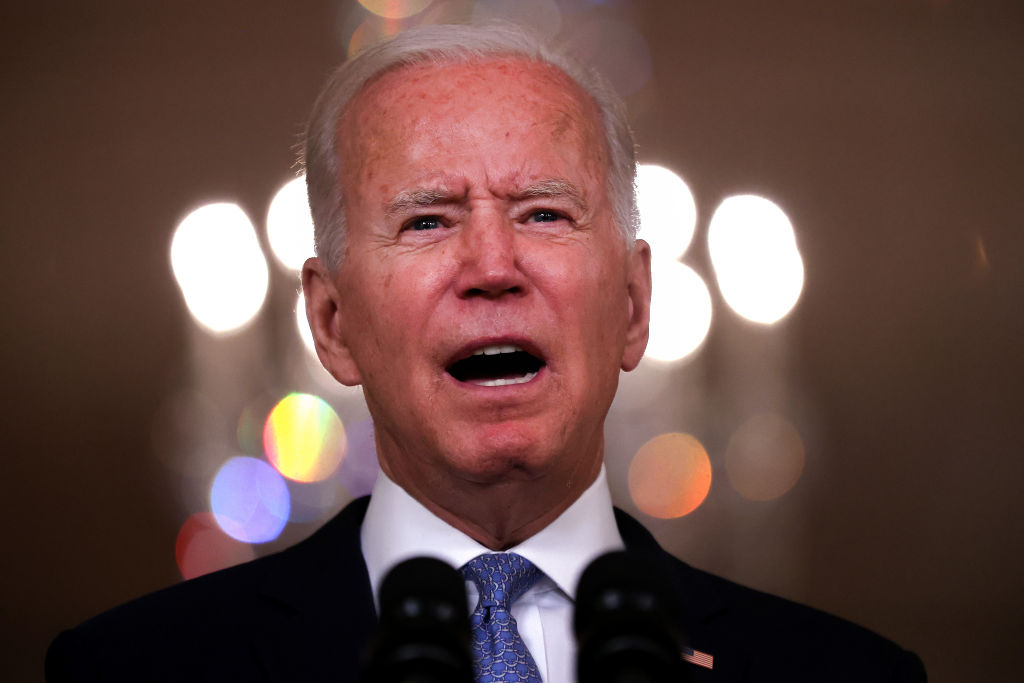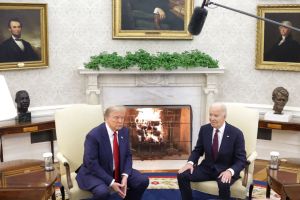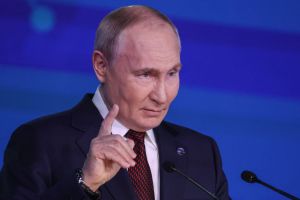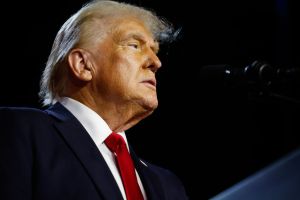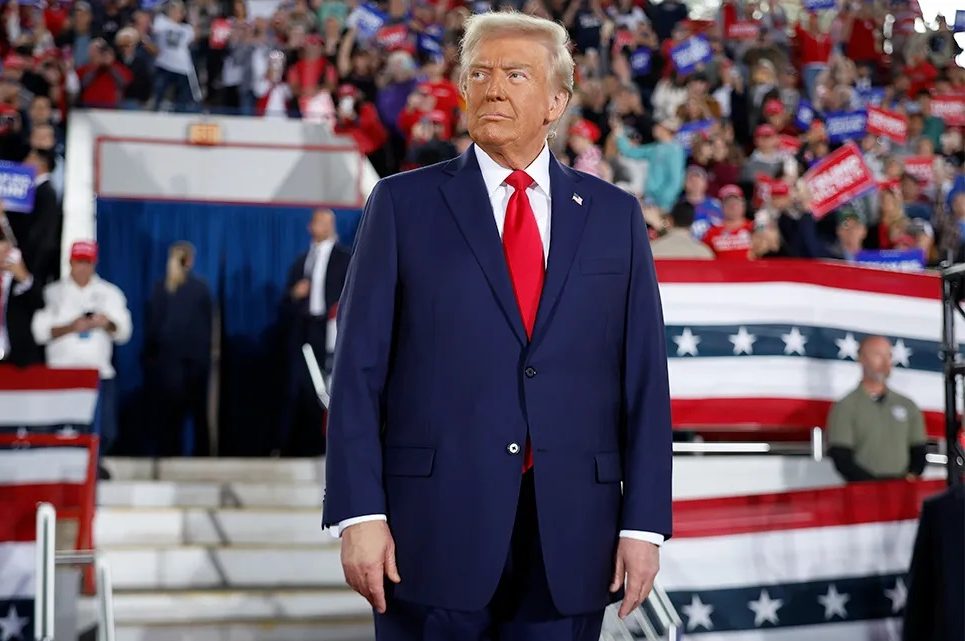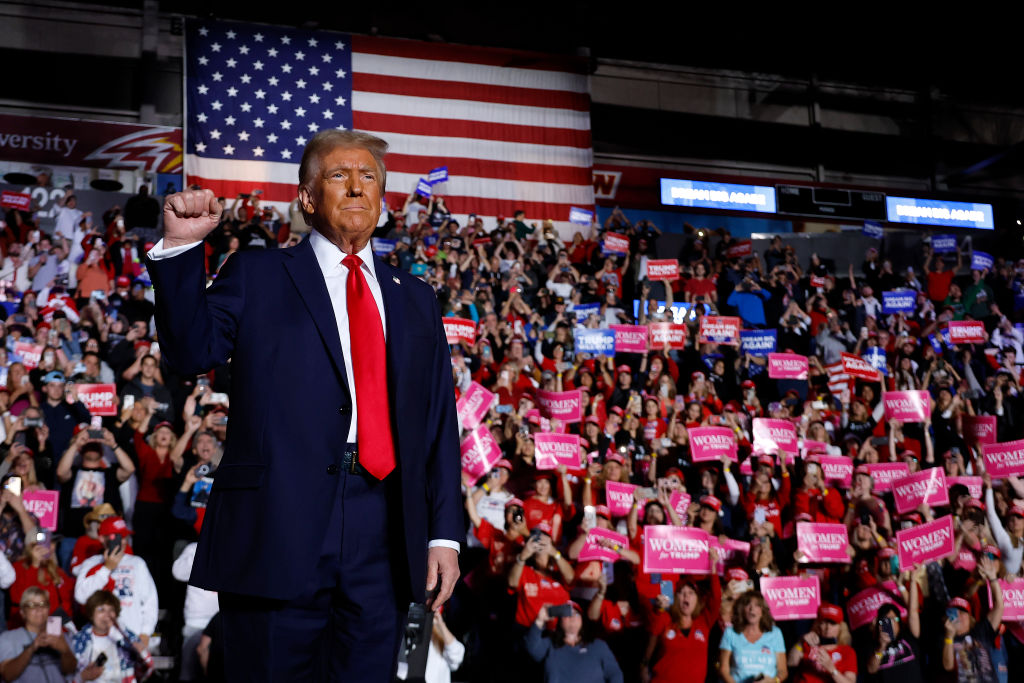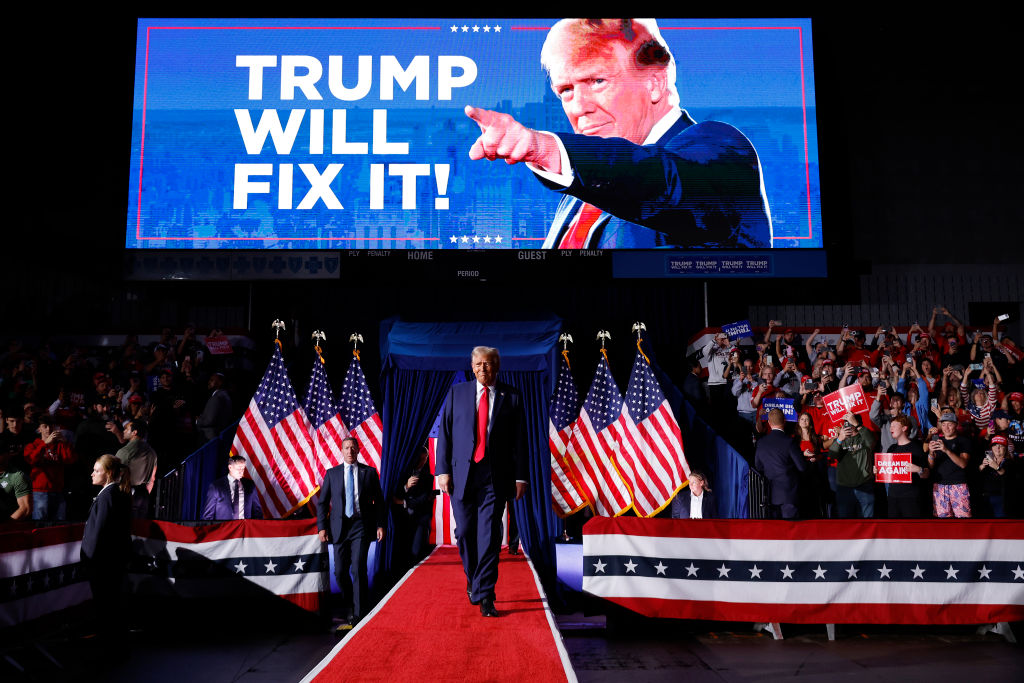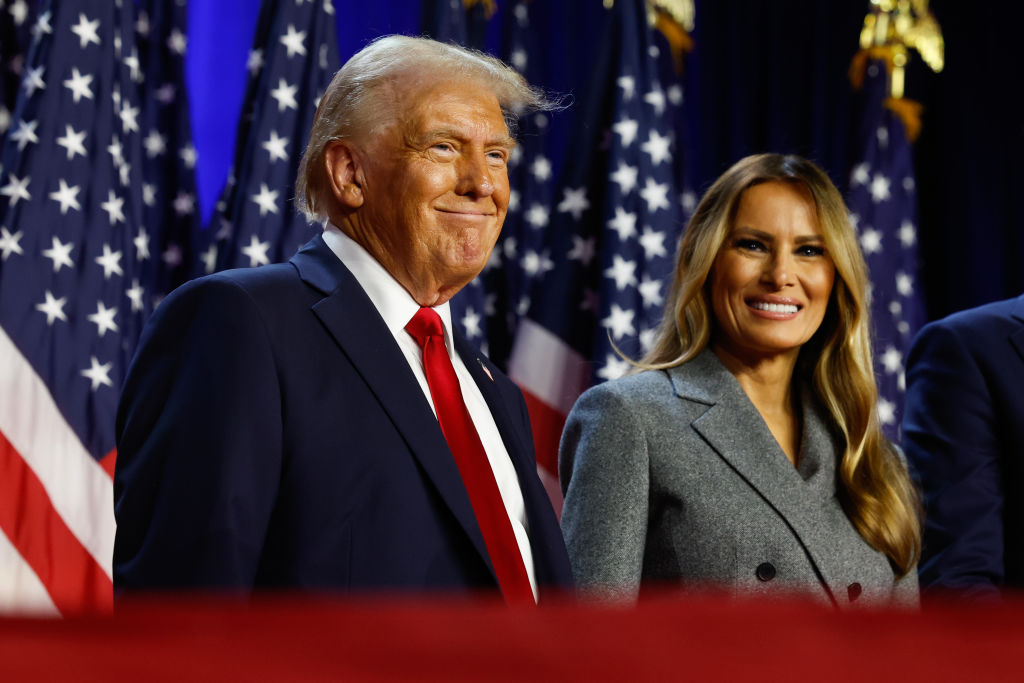With the 20th anniversary of 9/11 having come and gone, many have turned to reflection. Some meditate on the solidarity and sense of national purpose that act of terror engendered; others view it as a dramatic opening to our miserable 21st century. What comes to my mind are the images of our hasty retreat from Afghanistan over the last month. As is often the case, my best thinking has already been articulated by the late Charles Krauthammer.
In the introduction of his best-selling collection of essays Things That Matter, Krauthammer explains his evolution from psychiatrist to public intellectual. It was a calling based on the supremacy of the political to all other things that matter: ‘Politics, the crooked timber of our communal lives, dominates everything because, in the end, everything — high and low and, most especially, high — lives or dies by politics. You can have the most advanced and efflorescent of cultures. Get your politics wrong, however, and everything stands to be swept away.’ We’ll come back to this.
I’m a native New Yorker, born and raised in Brooklyn. My 9/11 story contains neither personal grief of having lost a close loved one nor a gallant tale of heroism. On that sunny Tuesday morning, I was packing my suitcase to head to Manhattan’s Port Authority Bus Terminal, where I was going to catch a Greyhound to Washington DC. A college friend who attended law school in the nation’s capital was letting me crash while I looked for a cheap apartment.
My cell phone rang, and a good friend said excitedly, ‘Did you see this? Turn on the TV, bro! It’s insane.’
I responded, ‘What the hell are you talking about?’
He rejoined, ‘A plane hit the World Trade Center! The women in my office are crying. Turn it on!’
I did, and learned that a plane had crashed into floors 93 to 99 of the World Trade Center’s North Tower. As I watched the news — fixated, saddened and angry — the second plane hit floors 77 through 85 of the World Trade Center’s South Tower.
I was a United States Marine Corps Reservist at the time. I, like every one of my fellow Marines, eagerly awaited orders. My sergeant, an amiable fellow who stood out among the enlisted Reserve ranks for his intellectual curiosity, called my landline, which was still working, between 5 and 6 p.m. that day. He explained that, since we were under attack, our only orders — official or otherwise — were to standby.
Me: Do we know who hit us?
Sergeant: No.
Me: Any idea when orders will come down?
Sergeant: No. Standby.
Me: Understood. I was going to move to DC, but I think that should wait.
Sergeant: Correct, Marine. Standby.
Later that day, a group of my friends assembled in front of my house to express righteous anger — we didn’t ‘process’ things then — about the attacks. Ashes from the towers had reached my neighborhood by late afternoon. American flags had already begun to dominate the landscape of my working-class section of Brooklyn. My dad (a decorated Vietnam vet) and I retrieved our flag from the basement, which we broke out every Fourth of July, and positioned it on the front yard fence. It remained there for years.
Having abandoned my plans to find employment in the House of Representatives, I taught English composition at a community college for a year. The orders never came. My unit was not activated for operations in Afghanistan. I began law school in DC in August 2002; my six-year active Reserve commitment was completed not long after. I became a lawyer and spent the next 15 years practicing law in New York City. That’s my 9/11 story. It’s perhaps noteworthy for its banality.
Since that day, I’ve accumulated a scintilla of wisdom. I don’t know much, but I know this. After 9/11, we were gripped by the specter of the next attack: would it be a subway explosion? A dirty bomb? Another assault from the sky? A mass shooting at a mall from a jihadist sleeper cell? It never materialized.
Rather, America set itself on a war footing, deploying, in the words of national security adviser Condoleezza Rice, ‘all instruments of our national power’ to defenestrate and deter Islamic terrorism. No major Islamic terror attack has occurred on American soil since our war efforts. Although correlation is not causation, the shadowy world of terror groups and the vigor and stealth of American super soldiers and intelligence operations do not permit the kind of public accounting that could demonstrate to a scientific certainty that our efforts in Afghanistan prevented future terror attacks. So the correlation hypothesis will have to suffice. To paraphrase President George W. Bush, ‘We fight them there, so we don’t have to fight them here.’
President Biden, however, has learned all the wrong lessons from our ‘forever war’ in Afghanistan.
First, Biden chose the 20th anniversary of 9/11 as the day to complete America’s withdrawal. Although the torrent of criticism led him to bump our exit up to August 31, the rank political stupidity of the idea and the unnecessary propaganda victory it would have handed to the Taliban beggars belief.
In his July remarks from the White House, Biden justified a speedy exit on the grounds that, at home, ‘We have to defeat COVID-19,’ ‘establish international norms for cyberspace’ and ‘take concerted action to fight existential threats of climate change’. As if the first country to put a man on the Moon, crush German and Japanese fascism and defeat the Soviet empire without firing a shot can’t conduct low-level military operations against terrorists in caves while discussing reducing carbon emissions from the safety of Washington.
But most offensive was Biden’s disingenuous appeal to our active military men and women, wounded warriors and Gold Star families: ‘How many more — how many thousands more of America’s daughters and sons are you willing to risk? How long would you have them stay?… Would you send your own son or daughter?’
The men and women of the United States military voluntarily enlist to serve their country and apply their martial skills with excellence, fearlessness and professionalism to degrade and incapacitate America’s adversaries. They go where the enemy is. Period. Cheap political appeals to their sacrifices demonstrates not only a fundamental misunderstanding of why they do what they do, but insults their service.
Nevertheless, reasonable people can disagree, and good-faith liberals and conservatives alike have called for an end to the war in Afghanistan. Even if we concede that America needed to withdraw, all sensible people agree that Biden’s hasty retreat and hackneyed post-Afghanistan collapse justifications in support of our exit was pure Lunch Bucket Joe — lifelong Delaware politician, unable or unwilling to behave as the Commander-in-Chief of the greatest fighting force in recorded history.
‘Politics,’ Krauthammer explains, ‘because of its capacity, when benign, to allow all around it to flourish, and its capacity, when malign, to make all around it wither… Politics is the moat, the walls, beyond which lie the barbarians. Fail to keep them at bay, and everything burns.’
President Biden got the politics dead wrong. And now we have handed over Afghanistan to the same regime that permitted Osama bin Laden and al-Qaeda to plan the attacks of 9/11 that killed over 3,000 innocents. While others are contemplating the meaning of America 20 years out, I’m worried for my fellow New Yorkers. Biden’s actions have put them in peril. On the 20th anniversary of 9/11, while I pray to God that I’m wrong, I fear that another young man, in the not so distant future, is going to get a phone call from his sergeant with orders to standby.
Craig Trainor is the director of Judicial Education at the Law & Economics Center at the Antonin Scalia Law School at George Mason University. The views expressed here are his own and do not necessarily reflect the views of his employer.



